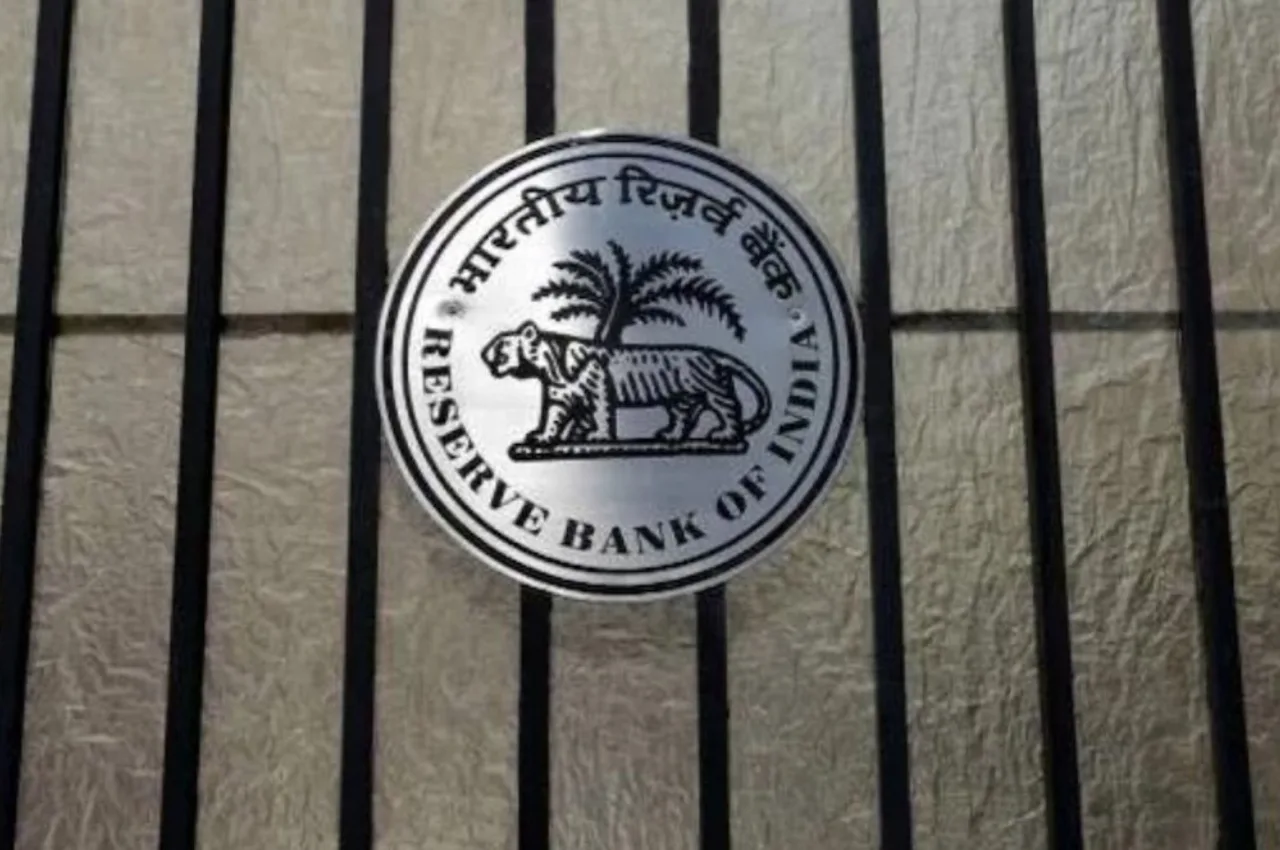RBI Guidelines on Loan: As per the guidelines set by the Reserve Bank of India (RBI), failing to make a payment on a loan borrowed from any bank for a period of 90 days, which is three months, results in the loan being classified as a Non-Performing Asset (NPA). For other financial institutions, the limit is 120 days.
Hard for customers to secure loans from any bank
Banks view it as a non-performing loan. A rise in non-performing assets is viewed as detrimental to a bank’s well-being. Furthermore, NPA causes challenges for the borrower. If a borrower fails to pay the bank’s installment for three months in a row and their loan is marked as an NPA, it negatively impacts the borrowers’ CIBIL rating. Having a strong CIBIL score is crucial for obtaining a loan. Having a low CIBIL score makes it hard for customers to secure loans from any bank.
Even if you somehow get a loan, you may have to pay very high interest rates for that loan. Whenever we read or hear about NPAs, people think that the bank’s money has been lost. But that’s not the case. When the account is declared NPA, the bank has to be divided into three categories. Substandard Assets, Doubtful Assets and Loss Assets. When a loan account remains in the substandard assets account category for one year, it is called doubtful assets. If there is no hope of recovering the loan, it is considered as ‘loss assets’.
What if the borrower still fails to repay the loan?
The borrower is given enough time by the bank to repay the loan. But if the borrower still fails to repay the loan, the bank sends him a reminder and notice. Even after this, if the borrower does not repay the loan, then the bank takes possession of his property and then auctions it. That is, the bank gives many opportunities to repay the loan, yet the loan amount is compensated by auctioning the property if it is not repaid.
